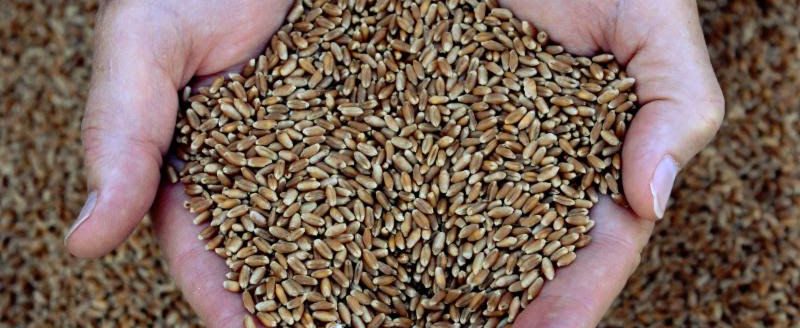Indigo Wheat sees yield gains in second commercial season
Indigo Ag, Inc., a company dedicated to harnessing nature to help farmers sustainably feed the planet, has released an early view on yield data from its microbial seed treatment for wheat.
In its second commercial season, Indigo Wheat demonstrated an average yield increase of 13 percent in side-by-side trials held on 24 fields, with four popular seed varieties across Texas, Oklahoma and Kansas. Under higher-stress, low-yielding conditions, the average yield increase was 19 percent.
In these side-by-side trials, Indigo Wheat was compared to the same hard red winter wheat variety minus the proprietary microbial seed treatment. Management practices were consistent across treated and untreated acres. Indigo Wheat achieved higher yields without increased water or chemical use.
Kevin Kephardt, the head of Scientific Communications and Engagement for Indigo Ag, said Indigo’s endophyte seed treatment offers better seedling vigor, enhanced root growth and increased number of tillers on plants that produce yields.
“We interpret it to mean that at planting time, early in the season, the treated seeds have an advantage with their enhanced root growth,” Kephardt said. “Roots grow deeper and are able to access water deeper than non-treated seeds.” They can overwinter and then at the spring green-up, he added, the plant is ready to develop and when the rains do come, they are better able to convert that water into yield.
Indigo’s seed treatment is developed from naturally occurring, in-plant microbes.
“An endophyte is a microbe, a fungus or bacterium that lives inside the plant tissue,” Kephardt explained. Some of these endophytes can enhance growth, nutrient acquisition or improve the plant’s ability to tolerate stress. The treatment is field specific, and Indigo works with growers to not only use genetic gains in plant varieties, but also from the soil microbiome in each field to improve yields.
Indigo’s strong yield results occurred during a season where rainfall across locations totaled 24 percent less than the five-year average. In 2018, record-low precipitation combined with severe drought stress in the High Plains region drove Texas and Oklahoma wheat abandonment rates to historic highs of 66 percent and 54 percent, respectively.
Kephardt said the next stage of research will collect quality measurements, particularly looking at protein response and milling and baking characteristics that appeal to buyers.
In the fall, Indigo will publish an in-depth analysis of yield data with grain quality and environmental characterization from 50,000 acres of grower-contracted Indigo Wheat.
For more information, visit www.indigoag.com.
Jennifer M. Latzke can be reached at 620-227-1807 or [email protected].


